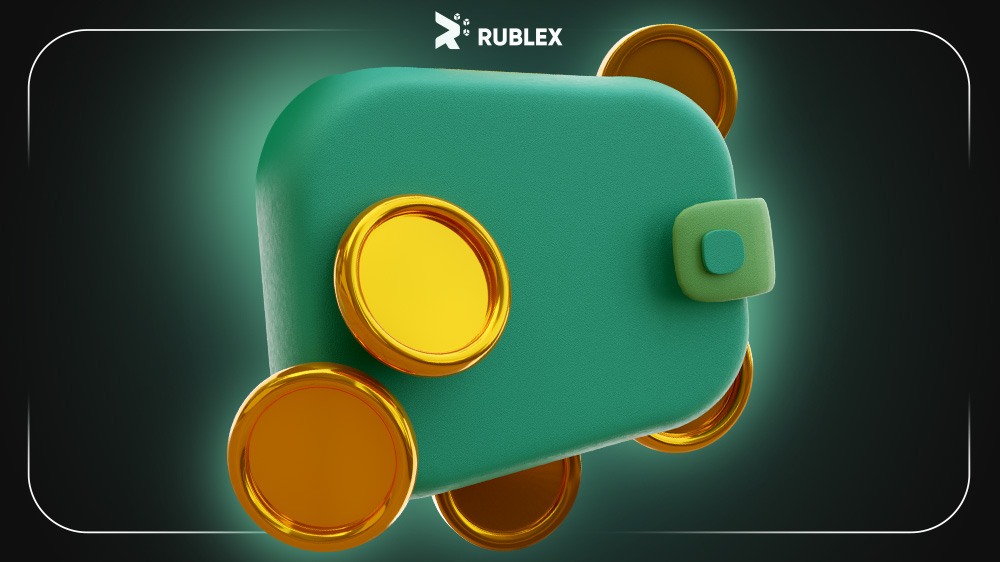- 2023 Aug 28
Types of cryptocurrency wallets include the following:
1.Software Wallet: This type of wallet is provided as software applications for computers or mobile devices. These applications allow you to manage your cryptocurrencies and conduct online transactions. Examples include (Trust Wallet and Coinomi).
2.Hardware Wallet: This type of wallet is designed as physical devices that store the private key information internally and have limited internet connectivity. They allow you to securely store your digital currencies in a risk-free environment. Examples include Ledger Nano S and Trezor.
3.Paper Wallet: In this method, private and public keys are printed as text or QR codes. These papers function as physical wallets, and due to their sensitivity, they should be stored in secure locations.
4.Web Wallet: This type of wallet is made available through websites and online services. By logging into your user account, you can manage your cryptocurrencies. However, you should be cautious as these types of wallets are more susceptible to hacking or security risks due to their dependence on the internet.
5.Physical Wallet: This type of wallet is designed as a physical object, such as physical coins. It can also refer to objects like transaction cards containing cryptocurrencies that you can hold in physical wallets.
Nowadays, the most common type of wallet used is software wallets, also known as mobile applications, and Hardware wallets.
Each type of wallet has its own advantages and disadvantages, and the choice of a wallet type should be made based on your needs and priorities. Additionally, the security and protection of private keys and wallet accesses are among the most important issues when using any type of wallet.
What is a private key in a wallet?
It is a string of letters that is randomly generated and exists in some wallets in quantities of 12 numbers, and in some others in quantities of 24 numbers.
During the initialization of each wallet, you must document and securely retain these characters. This is essential because they will be necessary for wallet recovery in the event of loss or unavailability. Always remember to never share your private key with anyone.
For increased security, it is recommended to store your private key in secure environments and utilize appropriate encryption methods to protect it. Furthermore, it is important to use reputable wallets and secure tools for managing your private keys in order to prevent unauthorized access to them.
In the upcoming articles, we will provide a comprehensive explanation of other types of wallet,known as cold wallets and hot wallets.
